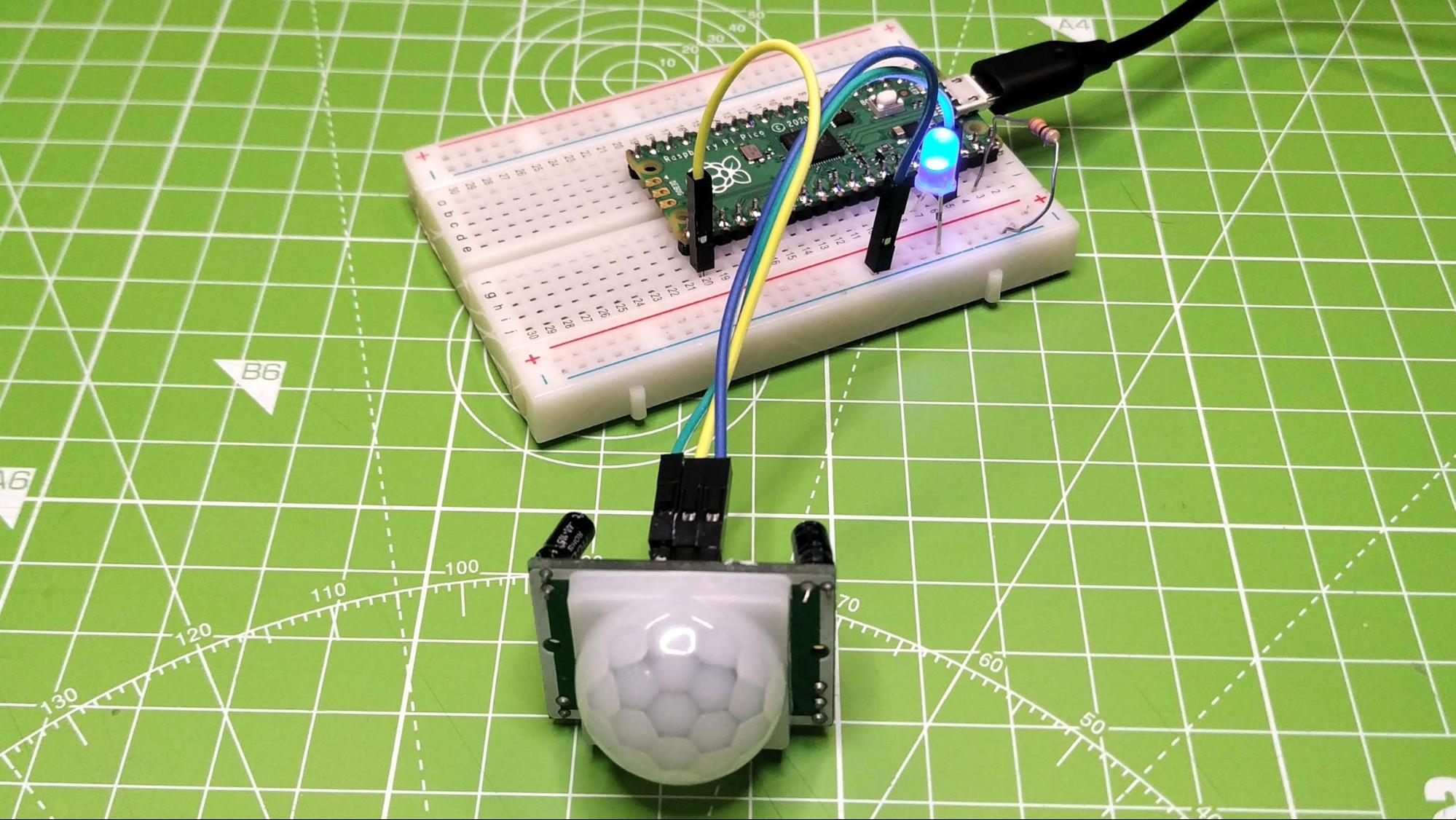Block Based Coding Comes To the Raspberry Pi Pico
Kid friendly coding

The Raspberry Pi Pico has been with us for just over a month and in this short space of time, there have been many projects for every level of user. But for those just starting their journey with code it can be a little daunting, and this is where block based languages such as Scratch come in to their own. Block-based Integrated Platform for Embedded Systems (BIPES) is a block based coding environment for MicroPython devices and in the latest release it now supports the Raspberry Pi Pico and other RP2040 based boards.
The BIPES project was created just over a year ago and it supports many boards such as the ESP8266, ESP32, BBC micro:bit and now the Raspberry Pi Pico and other RP2040 based boards. BIPES works with Google Chrome and writing code for a project is made easy via a web interface which is written in Blockly. Before any code can be written, we first need to enable Experimental Web Platform features in chrome://flags so that we can use Web Serial to talk to the Raspberry Pi Pico, luckily we only have to do this once.
After setting the board to Raspberry Pi Pico and then connecting to the Pico via the Console tab we have a web REPL (Read Eval Print Loop) interface where we can write MicroPython in the browser and interact with the board. Moving to the Blocks tab we see a range of blocks categorized by their function, and there we can also see special blocks for use with the Raspberry Pi Pico. We took BIPES for a quick test and managed to flash the internal LED of the Pico in just a few minutes.
With BIPES we can write block based code, switch to Python to see the real code that makes our project and interact with REPL, all from one browser window. The BIPES blog has a selection of example project to read both digital and analog GPIO pin values, control LEDs with PWM and work with a temperature sensor.
It is still early days for Raspberry Pi Pico and BIPES, some key functionality, notably managing Python files on the Pico. Right now we can download our block based code as an XML file and share it with others who can upload it to the BIPES site which converts it back to blocks that can be written to another Pico.
If you've already got a Raspberry Pi Pico and some eager makers in your home, then BIPES could be the tool to introduce the world of making to a younger audience.
Get Tom's Hardware's best news and in-depth reviews, straight to your inbox.

Les Pounder is an associate editor at Tom's Hardware. He is a creative technologist and for seven years has created projects to educate and inspire minds both young and old. He has worked with the Raspberry Pi Foundation to write and deliver their teacher training program "Picademy".
